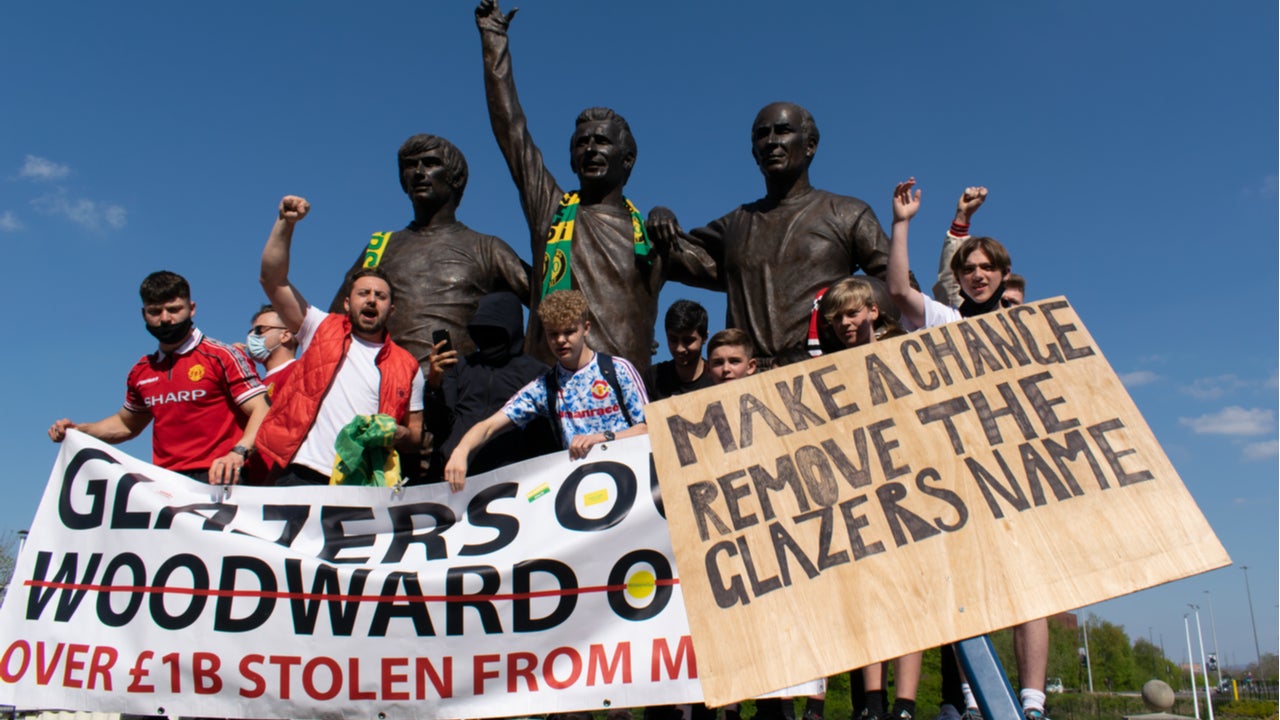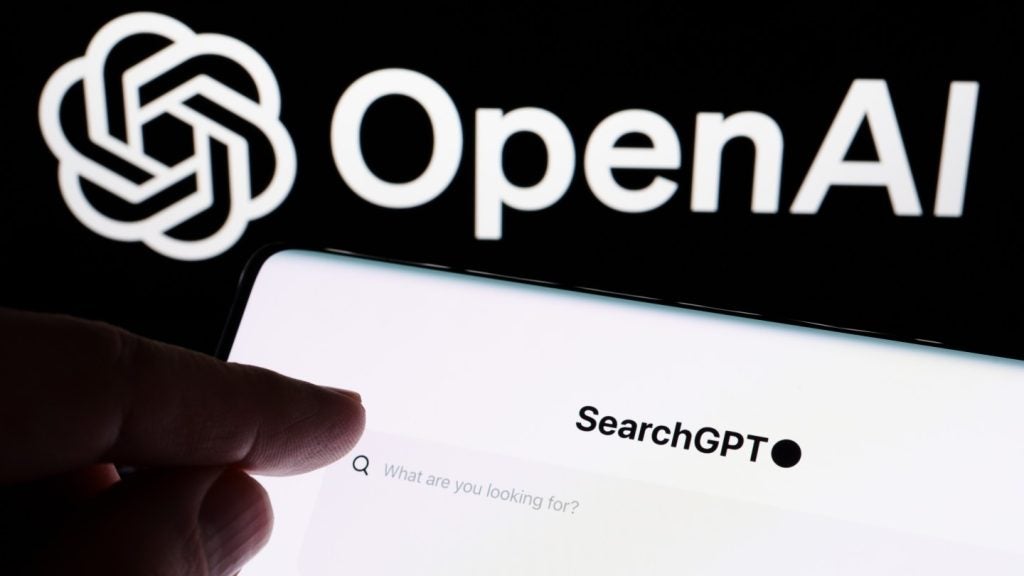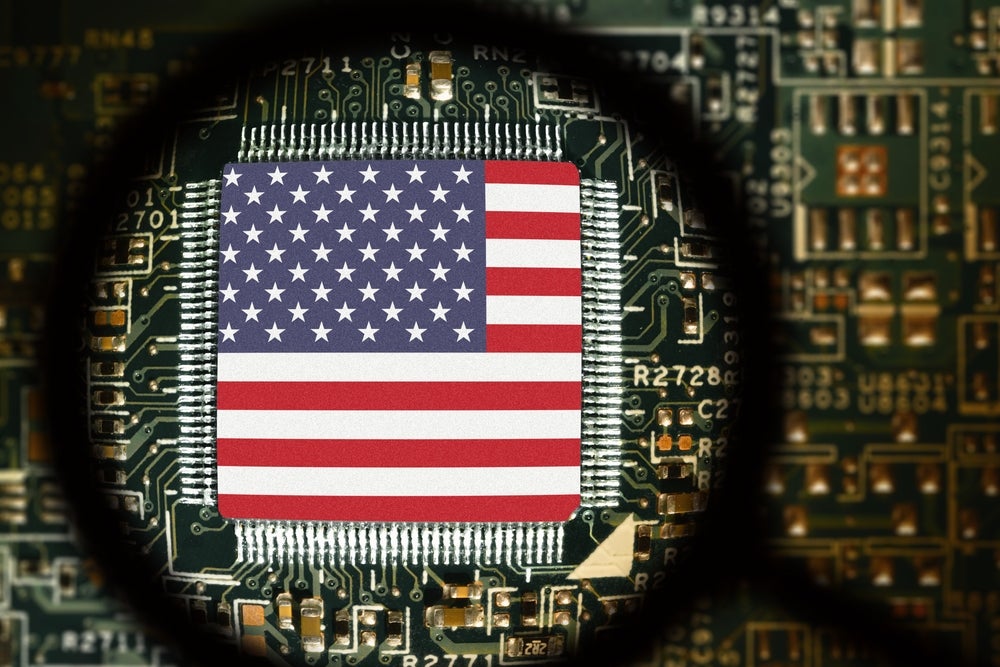The world of football (soccer to those in North America) witnessed two significant protests over the May Day weekend. One has dominated the news headlines, the other became somewhat lost in the maelstrom and yet is potentially the more important both for football and the wider world.
The most high profile protest by the end of the weekend was the demonstration by over 1,000 fans of Manchester United before the team’s scheduled league game against their fierce rivals Liverpool. This protest had nothing to do with that rivalry and was instead firmly focused on the club’s controversial owners, the Florida-based Glazer family – who also own the Tampa Bay Buccaneers NFL franchise.
The majority of Manchester United fans have been unhappy with the Glazers since the debt from their heavily leveraged buyout of the club was placed upon the previously debt-free organization. This anger has intensified in the very recent past following the Glazers’ foundational role in the attempted breakaway by many of the football’s largest European clubs to form the ill-fated “European Super League.”
The Manchester United fans’ protest gained much attention as fans gained access to the stadium, including the field of play, and forced the game to be postponed as the teams were not able to safely arrive at the stadium.
The reporting of the event was noteworthy, however, as it happened at a time when England’s football clubs, authorities, and sports media companies were participating in a weekend-long social media boycott in protest at the unrelenting tide of vile racist and sexist abuse regularly received by too many players via the various platforms.
Social media and the world of football
This entirely coincidental convergence of events has, through the lens of the football world, brought into sharp focus how deeply embedded social media is in our society.
Whilst many of the protesting fans shared videos of the scenes outside (and, indeed, inside) Old Trafford, many of those reporting on the event noted that that their participation in the social media boycott had significantly inhibited their ability to follow and report on the developing situation.
The situation has been made more febrile as the Covid-19 pandemic has meant fans in many countries have not been able to attend sporting events. The vehemence of the protest was in part because the normal avenue of protest – i.e., chanting at games – has been denied to fans. Furthermore, it has been felt by many that the attempted European Super League breakaway happened behind closed doors at time when fans are necessarily excluded from attending live games.
Football fans felt powerless versus the football authorities and sought to disrupt their daily business as one of the few options available to them to elicit a change from the authorities.
In a similar way, the wider footballing world has sought to influence the faceless and often unaccountable world of social media platforms in order to bring change.
Over the May Day weekend of May 2021, football became entwined in the power and the threat of social media. A conduit for the powerless protesting against the powerful; a source, or not, of news and information to millions; a vital commercial conduit; a way of uniting people in a common cause; and, at times, a potential medium for poisonous hate under the cloak of anonymity.
In the worlds of football and social media there is a powerful longing for change and both will be unavoidably intertwined in achieving change.








